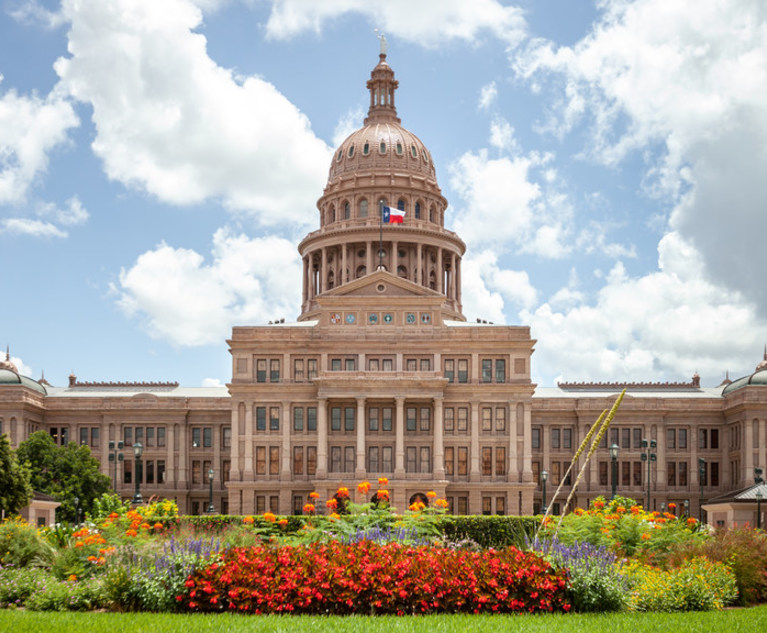Texas recently passed the most restrictive anti-abortion law in the nation, Senate Bill 8, and the United States Supreme Court, by a vote of 5-4, refused to block its enforcement despite obvious inconsistencies with Roe v. Wade and Planned Parenthood v. Casey and the unorthodox standing questions it presented. The statute prohibits virtually all abortions after six weeks and before fetal viability. As a result of this broad and intrusive law, pregnant women in Texas are already unable to access safe and legal abortions in their state. And as the draftsmen intended, it will soon have a negative copycat effect in other states.
Much has been written on the vigilante aspect of the legislation, which focuses on civil liability rather than criminal prosecution, and awards a financial “bounty” to a successful plaintiff. We think there is more that should be known about this unconstitutional statute contrived to end all abortions in Texas and avoid judicial review.
This content has been archived. It is available through our partners, LexisNexis® and Bloomberg Law.
To view this content, please continue to their sites.
Not a Lexis Subscriber?
Subscribe Now
Not a Bloomberg Law Subscriber?
Subscribe Now
LexisNexis® and Bloomberg Law are third party online distributors of the broad collection of current and archived versions of ALM's legal news publications. LexisNexis® and Bloomberg Law customers are able to access and use ALM's content, including content from the National Law Journal, The American Lawyer, Legaltech News, The New York Law Journal, and Corporate Counsel, as well as other sources of legal information.
For questions call 1-877-256-2472 or contact us at [email protected]


 Texas State Capitol in Austin. Credit: Moab Republic/Adobe Stock
Texas State Capitol in Austin. Credit: Moab Republic/Adobe Stock




